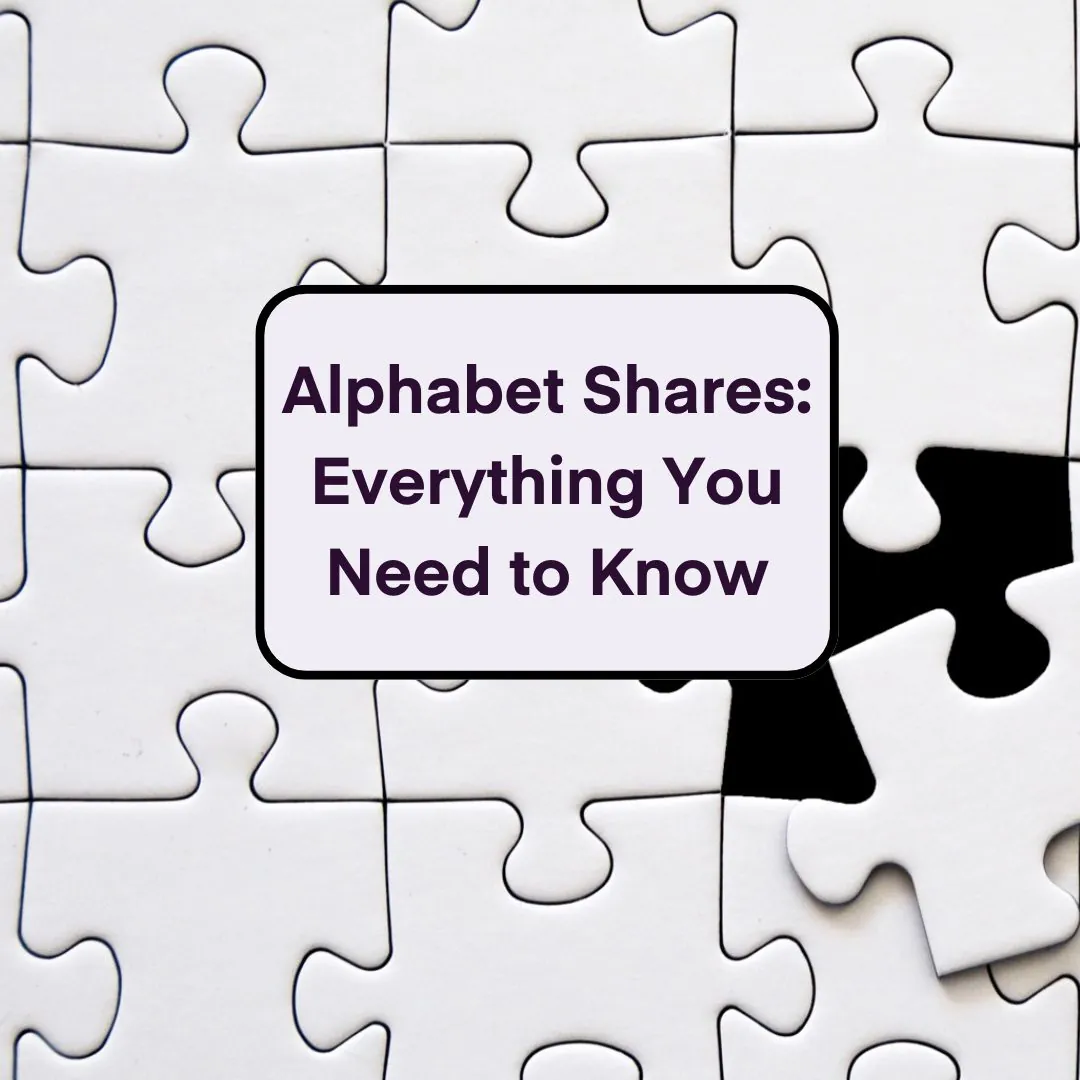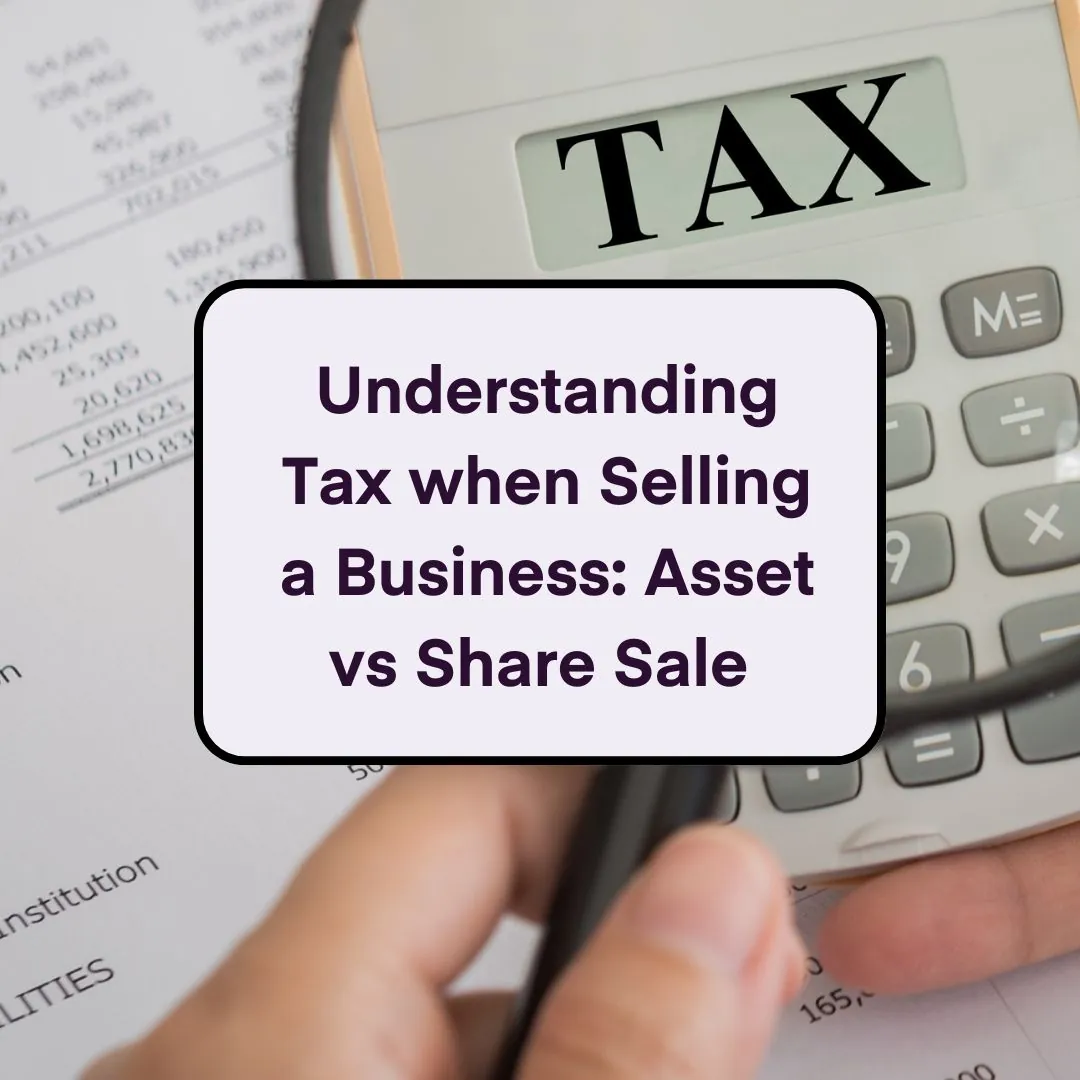
Tax rules on corporate Christmas gifts for employees/clients
21 Dec 2022Many businesses like to show their appreciation to loyal clients and staff with gifts, and this can be a great way to demonstrate their appreciation. Some corporate gifts are given to clients in appreciation for specific jobs brought their way, or as a general thank you for the work provided throughout the year. Many businesses also like to gift employees with tokens of appreciation for their hard work and dedication, and these too are often given at the end of the year as Christmas gifts.
Giving clients and employees gifts is a great way to communicate your appreciation and positively impact the customer/business relationship. Still, when running a business, every penny must be accounted for, so the question for many business owners is - are corporate Christmas gifts tax-deductible?
Whether gifted at Christmas or any other time of the year, the giving of corporate gifts to clients/customers and employees is subject to specific taxation rules.
Are corporate gifts to clients tax deductible?
The general rule regarding corporate gifts being given to clients and customers is that they are not tax-deductible; generally speaking, they fall into the same category as entertaining costs.
The costs associated with entertaining clients, customers, suppliers, and the like, do not attract any tax relief. That said, it is typically still beneficial to pay for these expenses through your business accounts, as paying for them from your personal income means using funds that have already had tax applied.
Giving corporate gifts as a tax-deductible expense
While not strictly tax-deductible, there are some circumstances in which a business gift can be given as a tax-deductible expense.
Advertising gifts
So long as the gift in question has a cost of less than £50 and incorporates a clear advertisement of your business or brand, it should qualify as a tax-deductible expense. That said, there are a couple of other conditions that apply to this scenario:
-
The expense must be less than £50 for any one client/customer during the financial period it relates to. In other words, you cannot give more than one gift of up to £50 to any one client/customer and expect tax deductions for each
-
As per HMRC guidelines, the advertisement appears on the gift itself and not just on the packaging
-
The gift cannot include any tobacco, food, drink, or any exchangeable vouchers
Examples of branded gifts include:
-
Pens, notepads, calendars, diaries, and other stationary items
-
Coffee mugs
-
USB sticks
-
Key rings/fobs
-
Water bottles
-
Bottle openers
-
Umbrellas
-
Golf balls
-
Hats
In some circumstances, a gift may be incorporated (and therefore classified) as part of a sale, as opposed to a business gift, thereby qualifying for the same tax deductions as the sale expenses themselves.
With this method of gifting, there are also no restrictions on either the cost of the item included, or the option of including food, drink, etc. The only essential condition to meet with this method is that the ‘gift’ must form part of the sale; for example, a gift could be offered to a customer in exchange for them purchasing a particular value of goods, thus qualifying as a discount on sales and the subsequent tax deductions that would typically apply.
Gifting products
Another option for giving tax-deductible gifts is by gifting your clients/customers one of your business’s products. The only stipulation to this gifting method is that the product must be gifted during the normal course of your business operations, such as part of a general public advertisement strategy. By establishing set product samples as promotional offerings, these same products can be used as corporate gifts.
The restrictions related to giving corporate gifts can make it seem too tricky to be worthwhile, but if done correctly, businesses can seize opportunities to promote their brand and products while saving on some tax.
What about VAT?
When a business gives a gift of more than £50 - or a series of gifts equaling more than £50 to one recipient - the output VAT on the value of the gifts should be accounted for. However, when the gift is a free sample of the business’s product/s, the business need not account for output VAT.
Tax deductions on employee gifts
When giving gifts to employees at Christmas (or any other time of the year), there are a number of options that are tax-deductible. Giving gifts to employees is a great way to improve overall team morale, increase employee engagement and generally enhance the staff member’s sense of feeling valued. The good news is that small gifts can be given under the Trivial Benefits scheme without attracting any fees or tax implications.
Trivial Benefits scheme
Under HMRC’s Trivial Benefits scheme, directors and employees can receive gifts that are tax-free to them, tax-deductible to the business, and free of National Insurance charges, providing that:
-
The cost of the gift does not exceed £50
-
The gift/s are not given as cash or a cash voucher - gift cards are permitted as long as they are not gifted as pre-loaded cards that can be used to withdraw cash
-
The gift/s are not given as a reward for services,
-
The gift/s are not contractual
-
Whereby the recipient is the director of a closed company (a limited company run by five or fewer shareholders), the total gift value cannot exceed £300 in any one year
Under the HMRC’s Trivial Benefits scheme, businesses can gift employees to mark occasions such as birthdays, weddings, or for no specific reason at all, and avoid any tax or NI implications, provided the above conditions are met. Additionally, Trivial Benefits can be provided to staff without the need to report them via a P11D form (HMRC form typically used for reporting any ‘benefits in kind’ that a business gives its employees).
Christmas parties and other annual events
In addition to giving company Christmas gifts, many businesses hold events to close the year out. 1A staff Christmas party or other annual function qualifies as a tax-free employee benefit, providing that the following conditions are met:
-
The total cost of the event must not exceed £150 per person per year
-
The £150 limit is inclusive of VAT and any other related transportation or accommodation costs
-
The event must be primarily for the purpose of entertaining staff members
-
The event must be open to all staff members (as located in the vicinity in the case that the business runs multiple branches in multiple locations)
-
The event is not only for directors unless all staff members are directors
The £150 limit is not an allowance, and subsequently, should the cost per head go over this limit - even by just £1 - the entire benefit expense will become taxable.
You can claim back input VAT, but this may be restricted where you are also entertaining customers.
Read More: VAT on business entertainment explained
What about VAT on gifts to employees?
Businesses can reclaim the VAT on the cost of a gift given to an employee. Input VAT can also be claimed back on annual events, although restrictions may apply where the event is also for the purpose of entertaining clients/customers.
Final thoughts
As you can see, there are a number of caveats and restrictions that can apply to the giving of corporate gifts, and these conditions should be carefully understood when deciding when and how to provide gifts to staff and clients. There are a variety of clear benefits to giving corporate gifts, such as boosting morale, demonstrating gratitude, and fostering long-term relationships based on loyalty.
Christmas is a great time to extend such gestures as part of a good-will, end-of-year wrap-up. Still, there are plenty of occasions throughout the year that are also a good fit for gift-giving, and sometimes receiving an unexpected ‘just because’ gift can have the greatest impact on a client, customer, or staff member.
To keep it super simple, so long as you keep gifts within the £50 limit and stick to promotional gifts when treating clients and other business contacts, you will maintain maximum tax deductions. For more advice on this, or if you have any other tax-related questions, get in touch with our accountants on 0207 043 4000 or info@accountsandlegal.co.uk.























